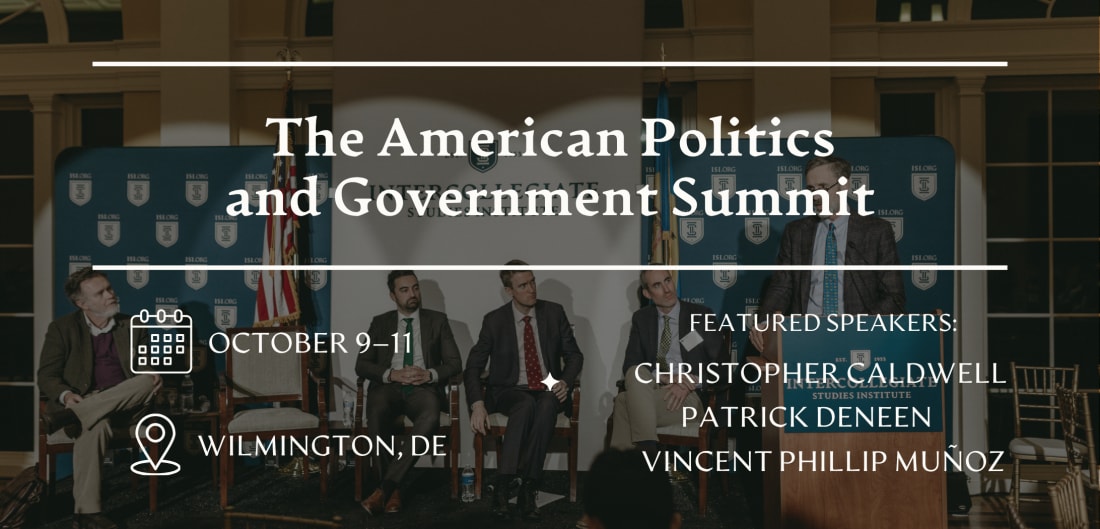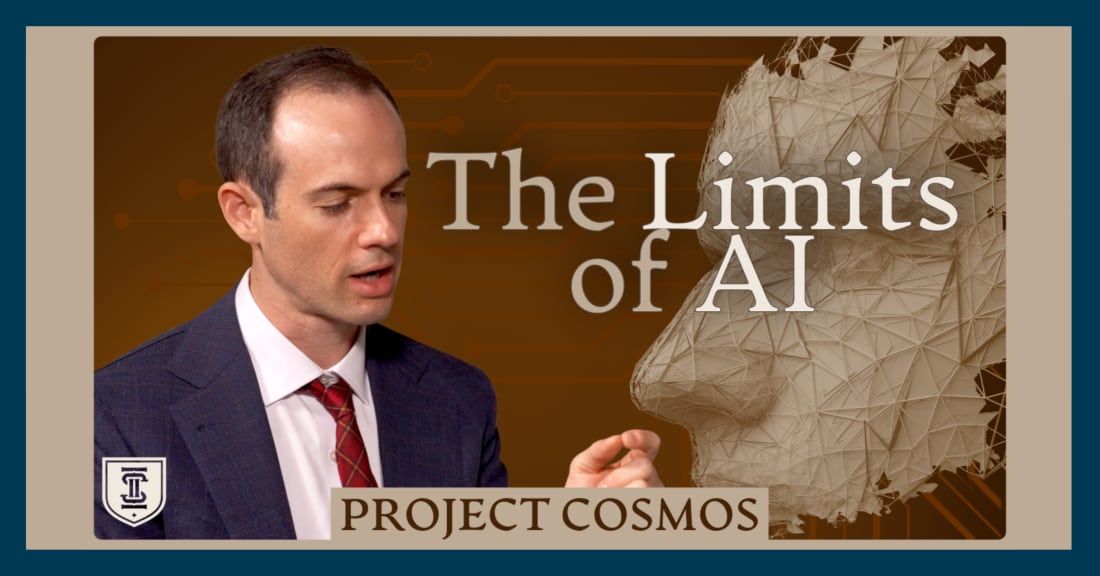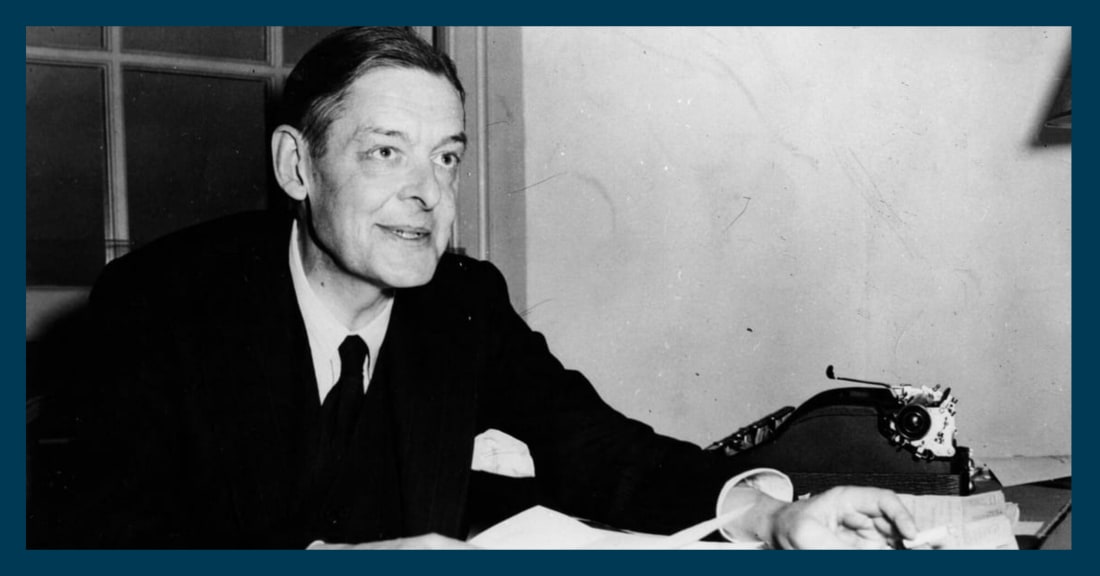|
 |
Economic Subjectivity and our Postliberal Divide
Intercollegiate Review | Conservatism's sharpest voices, curated weekly. ISI's weekly newsletter brings you the best in serious conservative thought.
What is GDP, really?
America’s GDP is cited in nearly every debate about the state of our nation’s economy. Yet aside from knowing it stands for Gross Domestic Product, how many people actually understand what this term means or what it measures? Though it is treated as an objective measure of economic growth, America’s GDP is the result of an incredibly complex set of calculations made each year by officials in the U.S. Bureau of Economic Analysis.
In an article for Palladium Magazine, Patrick Fitzsimmons argues that these calculations rely on several subjective assumptions that do not accurately reflect the health of America’s economy. Fitzsimmons notes that GDP calculations have notably failed to capture the hollowing out of U.S. manufacturing that has been ongoing for decades. For example, although U.S. automobile production has been declining since the 1980s, GDP statistics have masked this trend by factoring in improvements in product quality during the same time frame.
After parsing the complex formulas behind the numbers, Fitzsimmons concludes that GDP is too abstracted from the real conditions of America’s manufacturing sector to offer a reliable picture of industrial strength.
Read his full assessment online here.
|
The Postliberal Divide
Last month, comedians in both the United Kingdom and the United States faced repercussions for political speech. In the U.S., Jimmy Kimmel was briefly suspended for incorrect and inflammatory statements he made following the assassination of Charlie Kirk. In the U.K., Graham Linehan was arrested by armed police officers for social media posts criticizing transgender ideology. Kimmel was reinstated within a week, while Linehan still faces legal charges.
In his New York Times column, Ross Douthat contrasts the public reactions to these two incidents. In the U.K., conservatives condemned their nation’s system of censorship and ideological policing, but they didn’t direct blame toward any specific political leader. Meanwhile, in the U.S., progressives framed Kimmel’s suspension as an authoritarian move by President Trump.
Douthat argues that this example highlights distinct postliberal tendencies on both the left and the right. Over the past decade, progressives across the West have advanced radical institutional change through indirect, bureaucratic systems. Conservatives, by contrast, have tried to counter this by rallying around populist figures such as Trump and Nigel Farage.
Both approaches, Douthat warns, risk destabilizing liberal democracy. To resist this postliberal drift, either the left or the right will have to commit to resisting all forms of abuse of power.
Read the rest of Douthat’s article here.
Compendium
Every article we feature here is available to read for free. Articles from paywalled publications are available through gift links.
Peter Thiel and Sam Wolfe on prophecy and the end times in First Things.
Gladden Pappin and David Leonhardt on post-Trump conservatism in The New York Times.
Daniel Miller on Nick Land and the genesis of accelerationism in Tablet Magazine (available via free subscription).
Dan McLaughlin interviews Justice Barrett on “common good constitutionalism” in National Review, and Adrian Vermeule responds in The New Digest.
Helen Andrews on the over-feminization of culture at NatCon 2025.
Scott Alexander on the Fatima sun miracle in Astral Codex Ten.
Lyman Stone and Bobby Fijan on young families and apartment shifts in Institute for Family Studies.
Ross Douthat’s critical interview with Hassan Piker on the digital age and left-wing radicalization in The New York Times.
Ted Gioia on Hamlet’s contemporary relevance in The Honest Broker.
Talbot Brewer on the meaning of logos in the age of AI in The Hedgehog Review.
Upcoming ISI Events:
If you enjoy what you’re reading here, we invite you to engage with ISI at one of our upcoming in-person events.
American Politics and Government Summit | October 9–11 | Wilmington, DE
This annual scholarly conference examines the theme Statesmanship and Leadership in the Age of Mass Society and draws on timeless thinkers to address modern challenges. The summit is open to the public, offering rigorous discussion across history, politics, literature, and related fields.An Evening with Calley Means | October 23 | Wilmington, DE
Join ISI and the Brandywine Women’s Coalition for an evening with Calley Means, co-author of the #1 New York Times bestseller Good Energy: The Surprising Connection Between Metabolism and Limitless Health. Means will share insights on America’s rising chronic disease crisis and offer practical steps to reclaim lasting vitality.An Evening with Ann Coulter | November 8 | Wilmington, DE
Join ISI for a reception and dinner with best-selling author and nationally renowned columnist Ann Coulter. Coulter will deliver an unforgettable keynote address on the role of conservative media in shaping the national conversation, drawing on her illustrious media career.
Visit our events page on our website to see all upcoming events.
This week, from ISI’s Digital Media:
In this clip from Episode 2 of Project Cosmos, “Greatness & Goodness: A Guide for Young Men in Dark Times,” the panel discusses the limits of artificial intelligence and the enduring mystery of human greatness. They argue that while AI may advance, it can never truly inspire trust, belief, or authentic creativity.
Watch the full episode here.
Subscribe to our YouTube channel for more content like this.
This week, from the Collegiate Network:
ISI’s Collegiate Network supports over 80 student-run publications across the country, empowering students to run independent college newspapers, magazines, and journals that report on important issues ignored by the mainstream media.
Beyond Paying Attention: Attending to, Disposability, and Charity in Weil and Marcel via The Crusader Standard
Simone Weil intersects with Gabriel Marcel in a deep dive on what it really means to “pay attention.”Blessed Charles: Emperor of Peace via The Brownson Record
Meet Blessed Charles: the reluctant emperor who tried to be a ‘soldier of peace’ in World War I.Guard Deployments Should Only be the Beginning via The American Postliberal
Someday, we’ll look back and see that deploying the National Guard was only the opening move to reinstate order, public decency, and civic virtue.Something to do With Being Entertained via The Harper Review
This essay explores how we can reclaim genuine attention in a world wired to distract.Why Church Culture is Failing Ambitious Gen Zers via The New Guard Press
This article argues churches are short-changing Gen Z by dismissing drive and achievement, when those very gifts can build God’s Kingdom.
Visit our Student Journalism section to read more from the Collegiate Network.
A Literary Man on Liberalism
Although several recent figures in the conservative movement have criticized modern liberalism, they aren’t the first to do so. Throughout the twentieth century, philosophers and academics around the world challenged the increasingly progressive liberal order. Returning to their writings may shed some light on contemporary debates over the future of the conservative movement.
In this week’s article from Modern Age, we turn back the clock more than five decades to 1974, when the late George A. Panichas penned an expansive piece on T.S. Eliot’s critique of modern liberalism. Panichas’s in-depth analysis examined Eliot’s intellectual battles in conversation with the thought of John Dewey, who advocated for a new liberalism that departed from its classical roots, focusing instead on social action and change.
Eliot challenged modern liberalism from a religious and moral perspective. According to Panichas, Eliot saw Dewey and other modern liberals as threats to society’s traditional spiritual health. To Eliot, liberalism’s lack of moral authority and ignorance of the supernatural created great danger.
Panichas characterized Eliot’s opposition by saying: “Against what he sees as liberalism’s relativism, he posits the absolute; against its meliorism, he asserts the tragic element; against its naturalism, he upholds the supernatural; against its secularism, he places the Incarnation.”
Read more of Panichas’s article here on the Modern Age website.
Modern Age is ISI’s flagship publication. Visit modernagejournal.com and subscribe for a free daily newsletter.
“Where is the Life we have lost in living? Where is the wisdom we have lost in knowledge? Where is the knowledge we have lost in information?”
– T.S. Eliot
Celebrate America’s semiquincentennial with ISI and help shape the next 250 years of our country. Your support of the America 500 Education Fund will help ISI reach, teach, and launch the next generation of conservative leaders. Visit isi.org/america500 to learn more.




